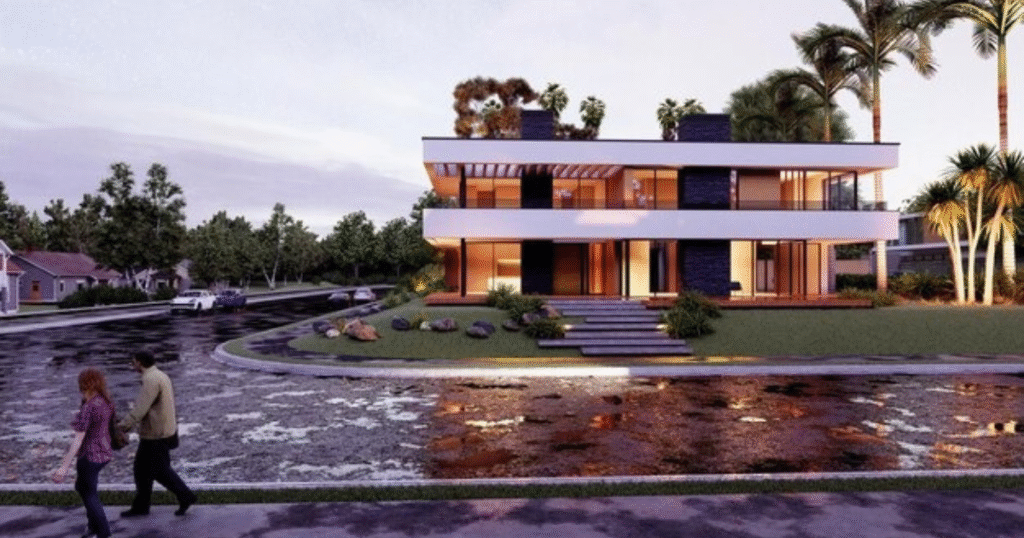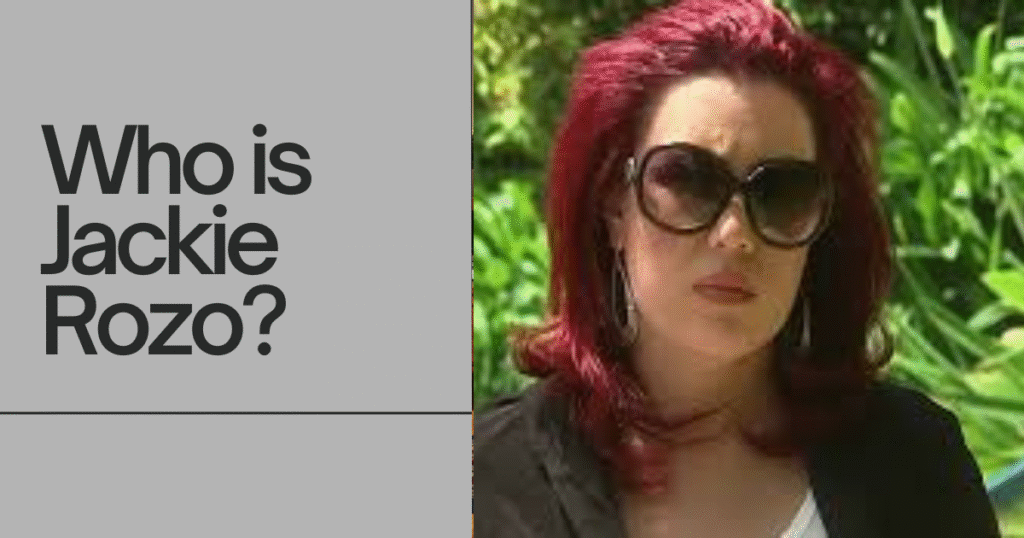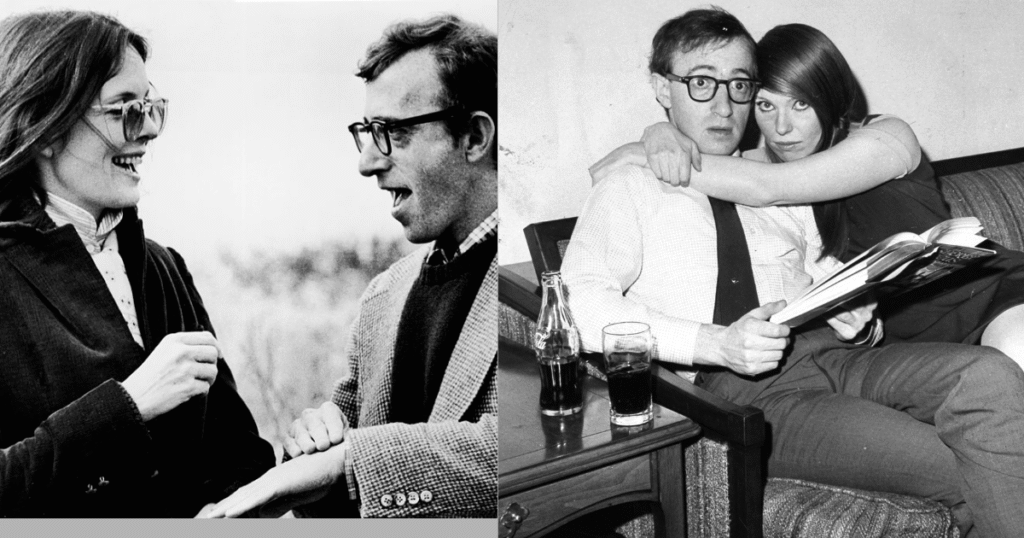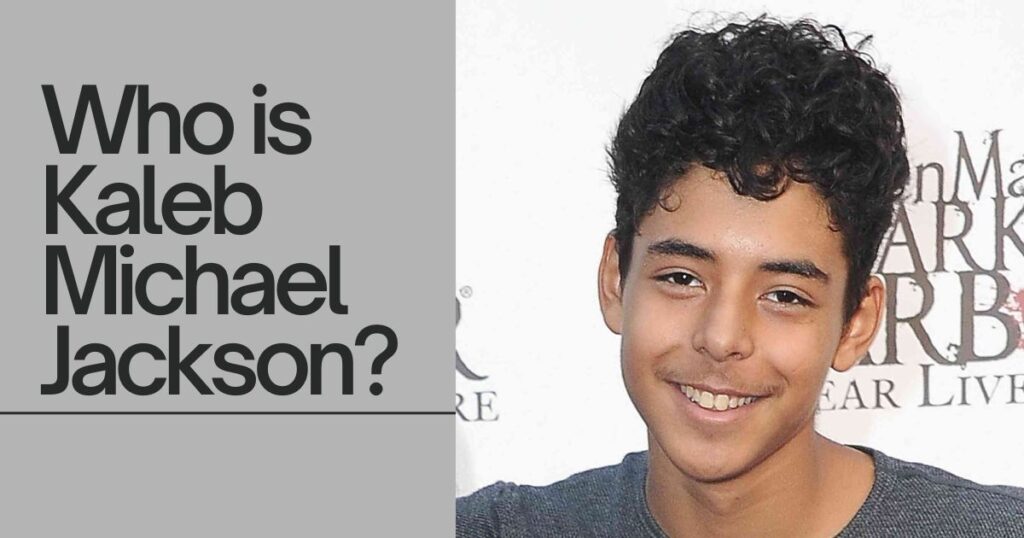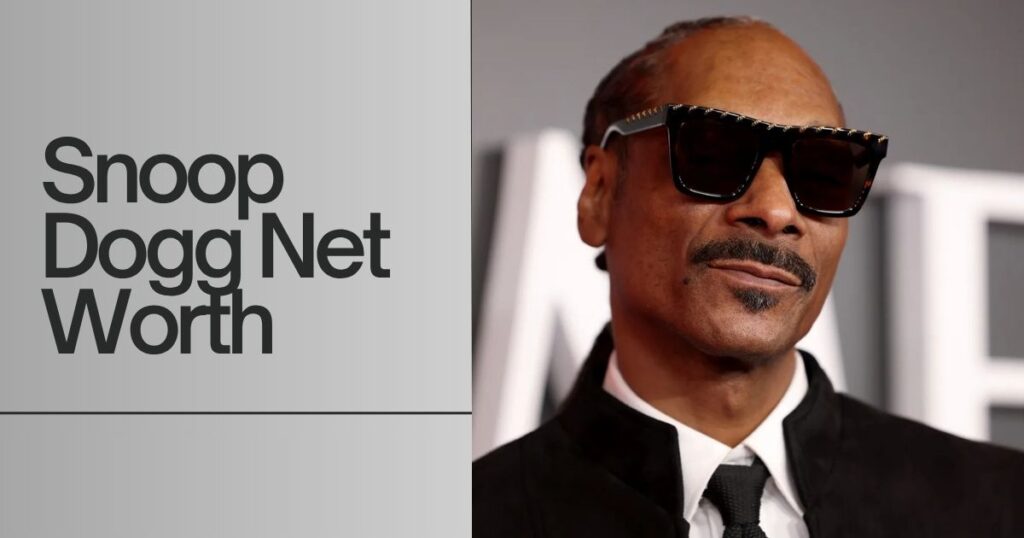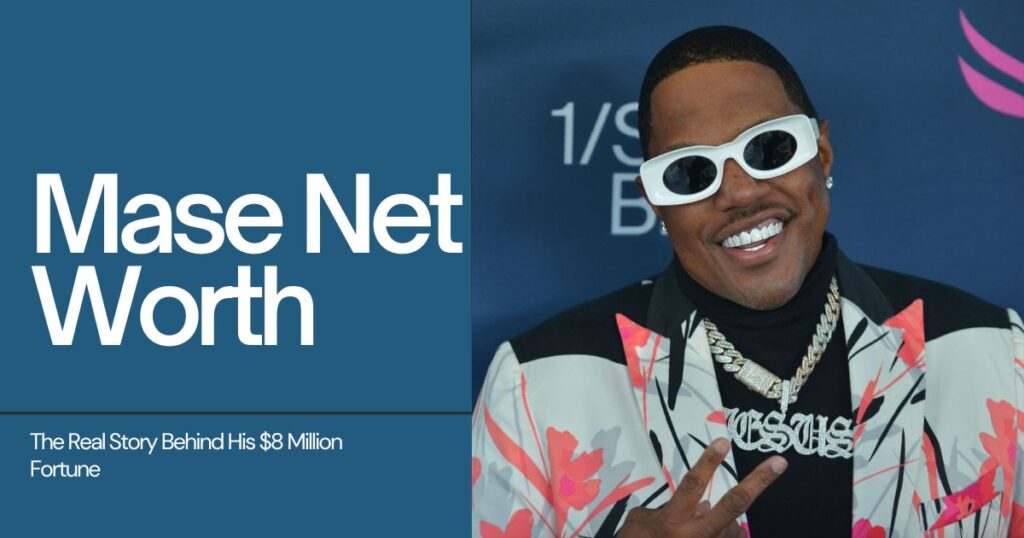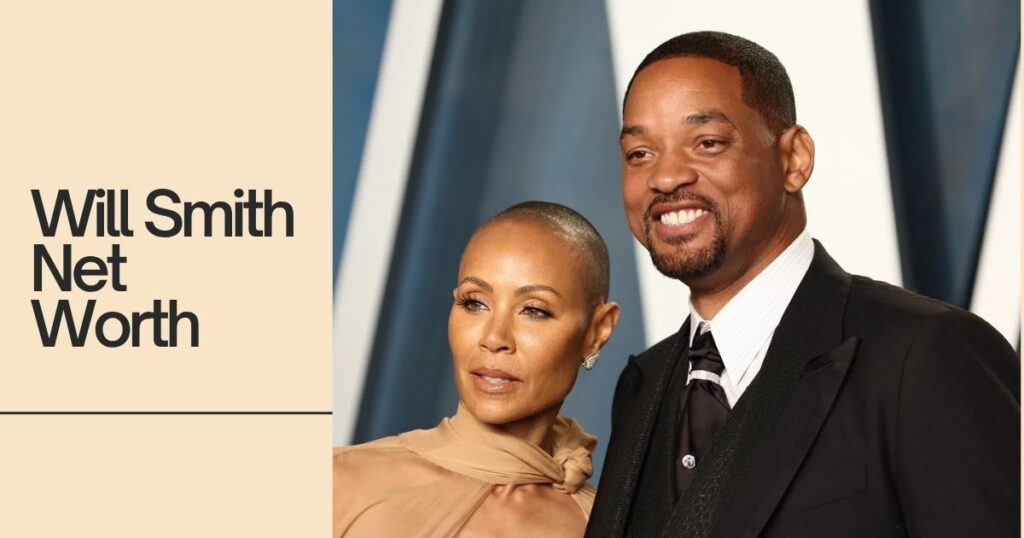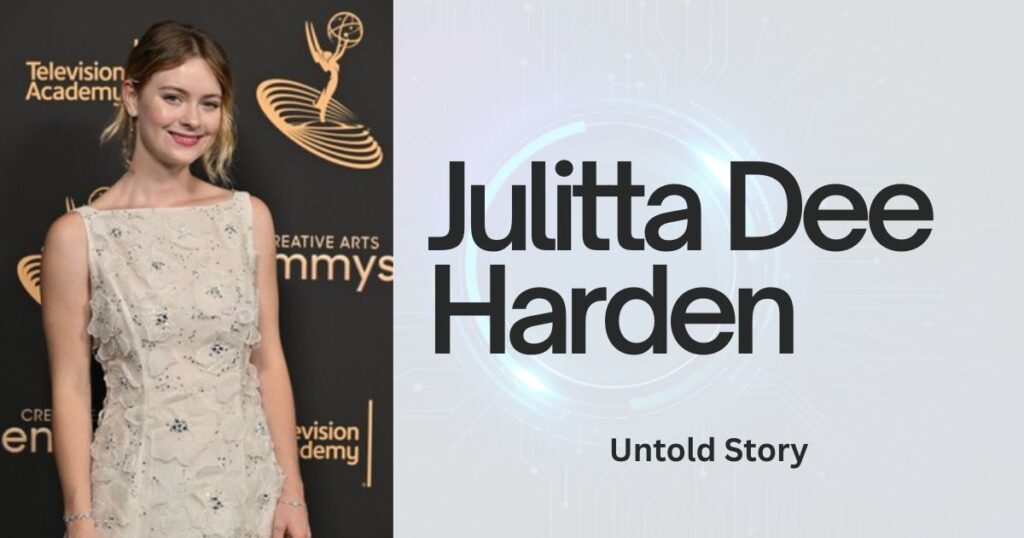Quick Facts About Henry Elkind
| Category | Details |
| Full Name | Henry Elkind |
| Famous Relatives | Grandson of Paul Newman & Joanne Woodward |
| Parents | Melissa “Lissy” Newman & Raphael Elkind |
| Sibling | Peter Elkind (brother) |
| Birth Year | Mid-1980s (exact date unconfirmed) |
| Profession | Musician, Studio Engineer (unverified) |
| Music Style | Indie, Electronic |
| Current Status | Active in music, maintains private life |
| Social Presence | Minimal (by choice) |
| Location | Believed to be California (unconfirmed) |
Have you ever wondered what it’s like to be born into Hollywood royalty but choose to walk away from the spotlight? Henry Elkind didn’t just inherit his grandfather Paul Newman’s legendary name he inherited a choice. While most celebrity grandchildren leverage their family connections for Instagram followers and reality TV deals, Henry Elkind made a decision that puzzles entertainment journalists: he chose obscurity over fame, studio work over stardom, and personal fulfillment over public validation.
This isn’t just another celebrity family story. It’s about the psychological weight of inherited fame and the courage it takes to say “no” to opportunities most people would die for.
Henry Elkind is the grandson of Hollywood legends Paul Newman and Joanne Woodward. Born to their daughter Melissa Newman in the mid-1980s, Henry works as an independent musician and potentially as a studio engineer. Unlike most celebrity descendants, he maintains an extremely private life, focusing on creative pursuits rather than capitalizing on his famous family name. His music appears on streaming platforms under indie and electronic genres, and he actively avoids public attention despite his connection to one of Hollywood’s most iconic families.
Who Is Henry Elkind? Beyond the Newman Legacy
Henry Elkind represents the third generation of the Newman-Woodward dynasty, but his story breaks the typical celebrity family mold. As the grandson of Paul Newman—the blue-eyed actor who defined cool in the 20th century—and Academy Award-winning actress Joanne Woodward, Henry was born into a family where talent wasn’t just expected; it was genetic.
His mother, Melissa Newman, understood the double-edged sword of fame firsthand. She worked as a singer and actress before deliberately stepping away from Hollywood’s spotlight. This decision would profoundly shape how she raised Henry and his brother Peter. Rather than pushing them toward entertainment careers or photo opportunities, Melissa created a buffer between her sons and the celebrity machine that had surrounded her childhood.
What makes Henry Elkind fascinating isn’t just his famous ancestry—it’s his deliberate rejection of the privileges that come with it. In an era where celebrity grandchildren launch careers with a single Instagram post, Henry chose a path that requires actual talent and hard work: independent music production. This decision says more about his character than any red carpet appearance ever could.
Reports suggest Henry was born in the mid-1980s, though the family’s commitment to privacy means exact dates remain unconfirmed. This lack of public information isn’t accidental—it’s a carefully maintained boundary that protects Henry’s autonomy. When even your birthday becomes a commodity in the digital age, keeping it private is an act of self-preservation.
The Psychological Weight of Being a Newman Grandchild
Growing up as Henry Elkind means navigating a psychological landscape most people never experience. Imagine every introduction carrying the subtext: “That’s Paul Newman’s grandson.” Every achievement questioned: “Did they help you because of your name?” Every failure magnified: “Even with all those advantages…”
Research on children of celebrities shows they face unique mental health challenges. These include identity confusion (Who am I beyond my family name?), impostor syndrome (Do I deserve my success?), and the pressure of living up to impossible standards. For Henry, these challenges multiply because he’s not just connected to any celebrity—he’s linked to a cultural icon whose face sold everything from salad dressing to Rolex watches.
The Newman family witnessed the dark side of fame throughout Paul’s career. Constant media scrutiny, invasive paparazzi, and the loss of privacy that comes with recognition—these weren’t abstract concepts in the Elkind household; they were lived experiences. Paul Newman famously said, “I’d like to be remembered as a guy who tried to make a difference.” Henry appears to have absorbed this philosophy but applied it differently: making a difference by living authentically rather than performing for audiences.
This psychological burden explains Henry’s choices. When you grow up watching your grandfather unable to eat dinner without being approached for autographs, privacy stops being a luxury—it becomes a necessity for mental survival. Henry’s low profile isn’t about hiding; it’s about protecting his psychological space to develop his own identity separate from family expectations.
The question Henry likely faced throughout his life wasn’t “Can I become famous?” but rather “Can I become myself while carrying this name?” His answer—choosing creative work without public performance—suggests he found his path through authenticity rather than avoidance.
Education and the Formation of Independent Identity
Henry’s educational journey reportedly included studies in environmental science and creative media, though specific institutions remain unverified due to his privacy preferences. These choices reveal something important: his interests align with Newman family values while diverging from traditional entertainment paths.
Environmental science wasn’t a random choice. The Newman family’s philanthropic work has consistently supported environmental causes through the Newman’s Own Foundation. Paul Newman understood that real legacy comes from impact, not just recognition. By studying environmental systems, Henry connected to family values while building expertise completely independent of Hollywood connections.
The combination of environmental science and creative media shows sophisticated thinking about modern careers. You don’t need to choose between artistic expression and making a positive impact—you can integrate both. This interdisciplinary approach reflects how younger generations view career development: not as single-track paths but as portfolios of skills and interests.
Education also gave Henry something crucial: credibility independent of his surname. When you earn a degree through your own work, nobody can attribute it to family connections. This matters psychologically for someone who likely spent his childhood wondering whether achievements were truly his own or reflections of his family’s influence.
His brother Peter pursued similar academic interests before finding his professional path, suggesting their parents emphasized education as a foundation for independence. The message was clear: the Newman name opens doors, but what you build after walking through them is entirely up to you.
Music Career: Creating Art Without Chasing Fame
Henry Elkind’s music career embodies a philosophy most artists never consider: what if success isn’t measured by chart positions or concert attendance, but by creative satisfaction and authentic expression? His presence on streaming platforms like Spotify shows consistent musical output, but without the marketing machinery that typically accompanies new releases.
This approach challenges everything the modern music industry teaches. Artists are told to build personal brands, engage constantly on social media, and treat every release as a marketing opportunity. Henry does the opposite—his music appears when it’s ready, not according to algorithm-pleasing schedules. Songs emerge from genuine creative impulses rather than strategic career planning.
His style leans toward indie and electronic influences, creating soundscapes that feel personal rather than commercial. This isn’t background music designed for algorithmic playlists; it’s art created for its own sake. Each track suggests careful craftsmanship over rushed production, quality over quantity.
Some sources mention studio work and production roles, though details remain scarce. If accurate, this would align perfectly with his approach to creativity. Studio engineers and producers shape music without requiring public visibility. They contribute essential expertise while maintaining privacy—exactly the balance Henry appears to seek.
The economics of indie music are challenging. Without major label support or family name promotion, independent artists typically earn modest streaming revenue. For Henry, this likely isn’t about financial necessity—Newman family wealth provides security. Instead, it’s about proving to himself that his work has value beyond his surname. Every stream, every listener who discovers his music organically, validates his choice to create on his own terms.
This career path also offers something money can’t buy: anonymity. Most musicians dream of recognition; Henry likely values obscurity. His listeners connect with the music without knowing or caring about his family background. That separation—art appreciated purely for its qualities rather than its creator’s pedigree—might be the greatest luxury his career offers.
Professional Life: The Mystery of Henry Elkind’s Day Job
The question of Henry’s professional life enters murky territory when you search online. A LinkedIn profile shows someone with the same name working as a studio manager and head engineer at a recording facility. Without confirmation, determining whether this is actually Paul Newman’s grandson becomes a guessing game.
This ambiguity isn’t unusual. Common names create overlap, and people who genuinely value privacy don’t claim every profile that appears in search results. Unlike celebrities who verify social media accounts to prove authenticity, Henry has no apparent interest in distinguishing himself from other Henry Elkinds. This itself reveals his priorities: protecting privacy matters more than claiming credit.
If the studio manager role is accurate, it represents a perfect career choice for someone with his background and goals. Recording studios need people who understand both sound engineering’s technical aspects and the artistic process. Managing a facility requires knowledge of acoustics, equipment, client relations, and creative direction—skills that align with musical interests while avoiding performer spotlight.
Studio managers work behind the scenes, essential but invisible. They enable other artists’ creativity without requiring their own public presence. For Henry, this role would offer professional fulfillment without the visibility that comes with performance or production credits on major releases.
Even without verified employment details, a pattern emerges: Henry built a life that keeps him engaged with creative work while avoiding public-facing demands. Whether as a studio manager, independent producer, or something else entirely, his career choices consistently prioritize authentic engagement with music over recognition or fame.
The inability to confirm his exact professional role might frustrate journalists, but it’s likely exactly what Henry wants. When even your job title becomes searchable content, keeping it private preserves a sphere of life where you’re just another professional doing work you love.
The Economics of Choosing Passion Over Profit
Let’s address the elephant in the room: Henry Elkind doesn’t need to work for financial survival. Paul Newman’s estate, estimated at over $600 million at his death in 2008, ensures his descendants live comfortably. Newman’s Own Foundation channels profits from the food company to charitable causes, but family members reportedly benefit from trusts and inheritance structures.
This financial security fundamentally changes career calculations. Most people choose jobs based on earning potential—can this career pay rent, support a family, build retirement savings? Henry doesn’t face those constraints. He can pursue music and creative work without worrying whether streaming revenue covers monthly expenses.
Critics might say this makes his choices less meaningful—anyone would choose passion projects if money wasn’t a concern. But this misses the point. Having financial security doesn’t make creative work easier; it just removes one category of obstacle. Henry still faces the challenges all artists encounter: developing skills, creating quality work, dealing with criticism, and finding audiences who appreciate what you make.
What financial security really gives Henry is freedom to say “no.” No to major label contracts that would require promotional tours. No to reality TV opportunities that would monetize his family name. No to any opportunity that would compromise his privacy or creative control. In an industry built on compromise, the ability to refuse anything misaligned with your values is the ultimate luxury.
This dynamic also affects how people perceive his work. When an artist comes from wealth, critics often dismiss their achievements as hobbies rather than serious pursuits. Henry’s music might be evaluated differently than if he were a struggling artist working multiple jobs. This creates another psychological challenge: proving your work has merit independent of your financial position.
Yet choosing passion over profit when you don’t need money reveals something important about character. It shows that creative expression matters to Henry for reasons beyond financial gain or career advancement. His art exists because he finds meaning in making it, not because he needs it to survive.
Privacy Strategies in the Digital Age: How Henry Maintains Anonymity
In 2025, maintaining privacy requires active effort. Your digital footprint—social media posts, public records, photo tags, location data—creates a permanent, searchable history. For someone like Henry Elkind, avoiding this surveillance requires sophisticated strategies most people never consider.
Start with social media: Henry maintains minimal presence. While most people his age have extensive Instagram, Twitter, and Facebook profiles, Henry apparently chose not to build public-facing accounts. This isn’t just about avoiding posts—it’s about preventing others from tagging you, commenting on your life, or sharing photos without consent.
Next, name disambiguation. By not claiming or verifying professional profiles, Henry creates uncertainty. Is that LinkedIn profile really him? That studio credit? By leaving these questions unanswered, he makes it harder for journalists, fans, or curious strangers to track his activities comprehensively.
Location privacy matters too. While some sources place Henry in California, this remains unconfirmed. Avoiding location tags, check-ins, and geo-located photos prevents the kind of pattern analysis that could reveal where you live, work, and spend time. For celebrities and their families, this protection isn’t paranoia—it’s necessary security.
Professional separation helps as well. By working in roles that don’t require public credits or visibility, Henry avoids creating a searchable career history. Studio engineers often go uncredited on recordings. Studio managers work in facilities rather than taking public positions. These roles allow professional engagement without creating the digital paper trail that follows more visible careers.
Henry’s approach contrasts sharply with most celebrity family members, who leverage their connections for social media influence. The Kardashian-Jenners turned family fame into billion-dollar personal brands. Other celebrity children launch careers through their parents’ networks and maintain constant public presence. Henry’s opposite strategy—active privacy maintenance—is actually more unusual than pursuing fame would be.
This privacy comes with costs. It means missing networking opportunities that require social media presence. It means potential employers or collaborators might not find you. It means living somewhat outside the digital communities that define modern social life. For Henry, these trade-offs apparently beat the alternative: living under constant observation and commentary.
Why Privacy Matters: Understanding Henry’s Choice
Privacy isn’t just about avoiding paparazzi or unwanted attention. For Henry Elkind, privacy enables something fundamental: the ability to develop an authentic self separate from external expectations.
Psychological research shows that constant observation changes behavior. When you know you’re being watched, you perform rather than simply exist. You curate your image, manage impressions, and calculate how others perceive each action. This isn’t living authentically—it’s playing a role for an audience.
Henry grew up watching his grandfather navigate this reality. Paul Newman couldn’t grocery shop without recognition. He couldn’t take family vacations without cameras. Every aspect of his life became public property. While Paul handled fame with grace and used his platform for philanthropy, the experience taught his family important lessons about privacy’s value.
For Henry’s generation, this surveillance intensifies through technology. Smartphones mean anyone can photograph or record you. Social media means those images spread instantly to global audiences. Facial recognition means even untagged photos can identify you. The loss of privacy isn’t just about celebrities anymore—it’s a broader social phenomenon. But for someone with Henry’s family name, the risks multiply exponentially.
Choosing privacy also protects mental health. Studies link social media use to increased anxiety, depression, and distorted self-image. For someone managing the psychological complexity of celebrity family membership, avoiding these platforms likely provides genuine relief. Henry doesn’t need to see strangers debating his life choices or comparing him to his grandfather. He doesn’t need viral moments or public validation. He can simply exist without performing.
This choice also honors his family’s values. Paul Newman famously donated salad dressing profits to charity rather than keeping wealth. He taught that privilege creates responsibility, but also that you control how you fulfill that responsibility. Henry’s choice to use his position for authentic creative work rather than manufactured celebrity follows this philosophy: use what you’ve been given meaningfully, but on your own terms.
The Newman Legacy: What Henry Inherits and What He Builds
Paul Newman left behind a complex legacy. There are the films—over 60 movies including classics like Cool Hand Luke and The Sting. There’s the philanthropy—Newman’s Own has donated over $600 million to charity. There’s the racing career, the activism, the marriages, the parenting. It’s a lot for anyone to inherit, let alone a grandson trying to establish his own identity.
Henry’s relationship to this legacy appears thoughtful and selective. He absorbed the family’s commitment to meaningful work and social consciousness, shown through his reported environmental interests and creative pursuits. He inherited the value placed on substance over appearance, quality over quantity. These continuities matter—they show he didn’t reject his family’s values, just their public expression.
But Henry also built something entirely his own: a life measured by personal satisfaction rather than public achievement. This represents a different kind of legacy—one that values individual fulfillment and authentic existence over external validation. In a culture increasingly focused on metrics (followers, views, likes, dollars), Henry’s unmeasured life is quietly radical.
The Newman family accepts this diversity. Unlike dynasties that pressure each generation to maintain the family business, the Newmans apparently gave their descendants permission to forge their own paths. Melissa raised Henry with this freedom. His aunts and uncles chose varied careers—some in entertainment, others not. This flexibility allowed Henry to develop his interests without crushing expectations.
Interestingly, choosing obscurity while carrying the Newman name might be harder than choosing fame. Fame offers external validation, clear metrics of success, and defined paths forward. Obscurity offers none of these. It requires confidence to walk away from opportunities others would kill for, trusting that your chosen path has value even if nobody applauds.
Comparing Henry to Other Celebrity Grandchildren
How does Henry Elkind’s path compare to other celebrity grandchildren? The contrasts reveal his unique approach.
Take the Kardashian-Jenner grandchildren, born into a family that monetizes every moment. These children appear on social media before they can walk, their lives documented for millions of followers. Their grandmother Kris Jenner built an empire on publicity. Henry’s family built their legacy on the opposite: protecting privacy while doing meaningful work.
Or consider Michael Douglas’s children, Cameron and Dylan. Both struggled with their famous names—Cameron famously battled addiction, Dylan navigates acting with the shadow of her father and grandfather Kirk Douglas. They engaged publicly with their challenges, using their platforms to discuss mental health and recovery. Henry chose different medicine: silence and separation from public scrutiny.
Grace Kelly’s grandchildren present an interesting comparison. Some remain private despite their royal Monaco connections, while others leverage their status for modeling and business ventures. Like Henry, they had the choice to capitalize on their family name or build separate lives. The variety of paths they chose shows there’s no single “right” answer for celebrity descendants.
What distinguishes Henry is the completeness of his privacy strategy. He didn’t just avoid major publicity—he apparently avoided nearly all publicity. He didn’t become a reluctant public figure or someone who gives occasional interviews about growing up famous. He simply stepped away from that entire world.
This suggests either exceptional discipline or genuine disinterest in fame (or both). Most people would leverage Paul Newman’s connection at least occasionally—a door-opening introduction, a networking opportunity, a career boost. That Henry apparently hasn’t done this shows remarkable commitment to building his own identity independently.
Current Life: Where Is Henry Elkind Now?
Current details about Henry’s location and specific projects remain limited by design. The most recent verified information shows continued activity on streaming platforms, with musical tracks appearing periodically. This suggests ongoing creative engagement, whether as a primary focus or alongside other professional work.
Sources sometimes place him in California, which makes geographical sense given family ties and music industry connections. California’s creative communities offer opportunities for independent artists while providing enough density that someone can work professionally without constant recognition. It’s possible to be “someone” in your field while remaining nobody to the general public.
His brother Peter maintains a similarly quiet presence, suggesting both found sustainable paths that work for them. There’s no drama, no public falling-out with family, no scandalous behavior requiring privacy. Just two people living their lives without requiring an audience.
This ordinariness might be Henry’s greatest achievement. In a family where fame came as naturally as breathing, finding a way to breathe differently required intention and effort. Henry apparently succeeded in becoming exactly what he wanted: a person who does work he finds meaningful, maintains relationships he values, and lives according to his own definition of success.
The lack of current information might frustrate readers seeking updates, but it confirms Henry’s strategy works. In an age where privacy seems impossible, he’s maintaining it. In a culture that rewards constant visibility, he’s stayed invisible. In a family defined by public achievement, he’s built a private life.
What Henry Elkind’s Story Teaches Us
Henry Elkind matters because he represents a choice most people never face but everyone can learn from: how do you define success when external validation is easily available?
For most of us, the temptation isn’t leveraging Hollywood royalty—it’s checking likes on social media, seeking approval from colleagues, or measuring our worth through promotions and raises. Henry’s story asks: what if none of that actually matters? What if real success is doing work you find meaningful, maintaining relationships you value, and living according to your own standards?
His path also shows that privilege doesn’t eliminate challenges—it just changes which challenges you face. Henry’s struggle wasn’t financial survival but identity formation. His challenge wasn’t getting opportunities but choosing which to refuse. These problems aren’t worse than poverty or lack of opportunity, but they’re still real psychological challenges requiring genuine solutions.
Perhaps most importantly, Henry demonstrates that you can honor your family while diverging from their path. He didn’t reject his grandfather’s values—he embodied them differently. Paul Newman valued authenticity, meaningful work, and using privilege responsibly. Henry does the same, just without cameras recording it.
Conclusion: The Quiet Power of Choosing Your Own Path
Henry Elkind’s story isn’t about rebellion or rejection—it’s about self-determination. As Paul Newman’s grandson, he inherited opportunities most people never glimpse. He also inherited expectations, scrutiny, and the challenge of developing an identity separate from an iconic name.
His response was to build a life defined by personal fulfillment rather than public achievement. Through independent music, possible studio work, and careful privacy management, Henry created space to exist on his own terms. He proved that having famous ancestors doesn’t obligate you to live publicly, and that sometimes the bravest choice is stepping away from the spotlight rather than seeking it.
In an age of constant self-promotion and curated online personas, Henry Elkind’s privacy feels almost revolutionary. His music exists for anyone who finds it. His choices demonstrate that inheritance doesn’t have to become identity. And his life suggests that sometimes the best way to honor a legendary family is to quietly build something meaningful on your own terms.
That’s a legacy worth respecting, even if—especially because—he’d prefer we didn’t make too much fuss about it.

